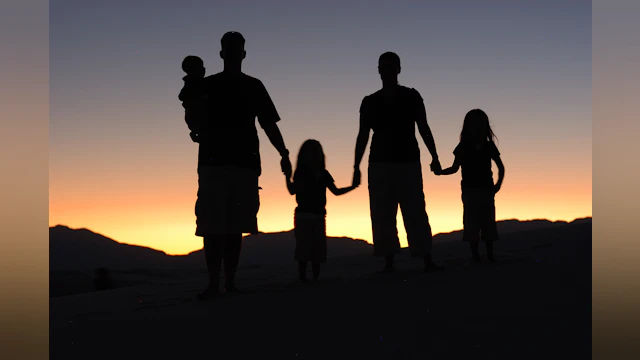Everyone grieves differently. While you may find it useful or necessary to talk about the person you lost, your siblings, parents, or other relatives may not. It is not unusual for people within the same family to have different coping styles after a suicide death. Try to be patient toward one another, and allow what works best for each person.
Remember that with time, your family may become more open to discussing what happened. Consider providing them with some information about suicide loss. These resources may not only be of help to them, they may also serve as icebreakers for discussing your shared loss. Here are some that are worth sharing:
- AFSP’s three Survivor Day documentaries, about losing a loved one to suicide, and how different people and their families healed over time
- A list of books about suicide loss, including practical guides for coping, personal loss survivor stories, books that provide an understanding of what research tells us about suicide, guides with a focus on children, adolescents, and more
In the meantime, make sure you find a safe space to express your own thoughts and feelings. Make a list of people you can reach out to: friends, school counselors, mental health professionals, faith leaders, or anyone else you feel comfortable with. You may be surprised at how many people are willing to listen and take the time to support you.
You may also find it useful to speak with others who’ve experienced a similar loss. If the people in your family are reluctant to talk about what happened, you may feel isolated and alone, but the reality is you are not: with each suicide death, dozens of people are left behind to make sense of that loss.
If you’d like to talk to someone who understands what you’re going through, consider AFSP’s Healing Conversations, which will connect you – in person, by phone, or through video chat – with a trained volunteer who has also lost someone to suicide.
AFSP also offers a directory of suicide bereavement support groups: nonjudgmental places where loss survivors can connect and openly share their stories, pain, and strategies for coping. There are support groups online, too (which you can find at the bottom of the link above.)
The important thing to remember is that you are not alone. If you want to talk about your loss, know that there are ways to do this outside of your immediate family.
Bear in mind that with time, your relatives may become more open to talking about the loss. Just try to be patient, and make sure to take care of your own needs in the meantime.
For further support resources, click here.
